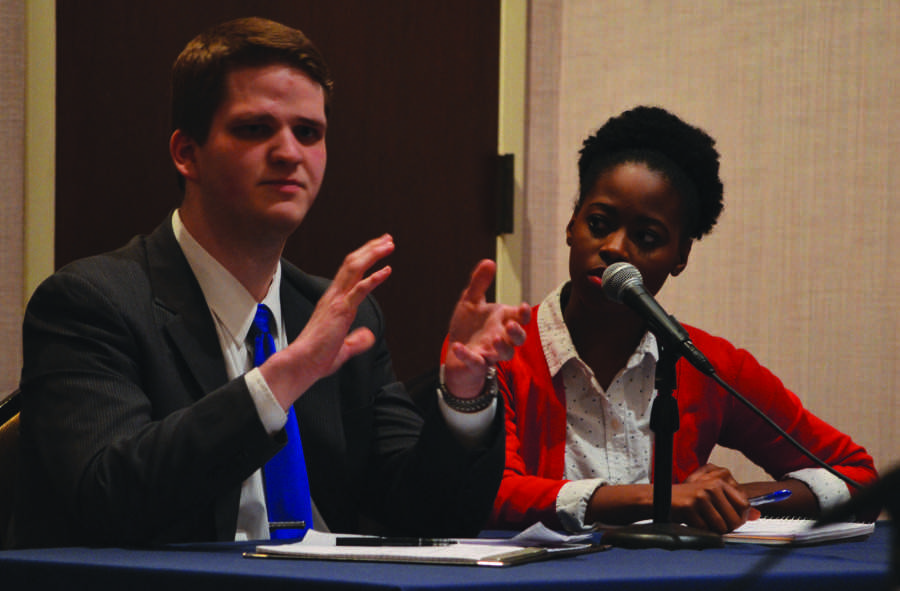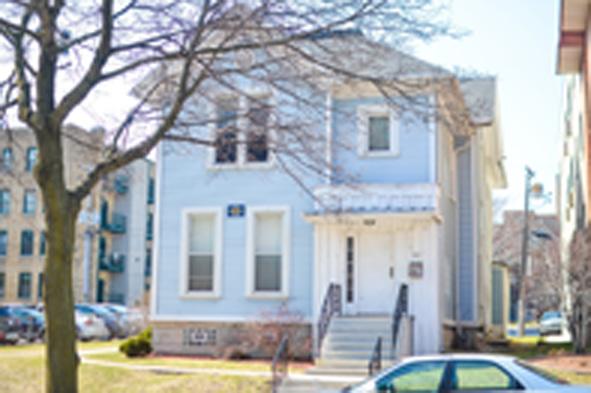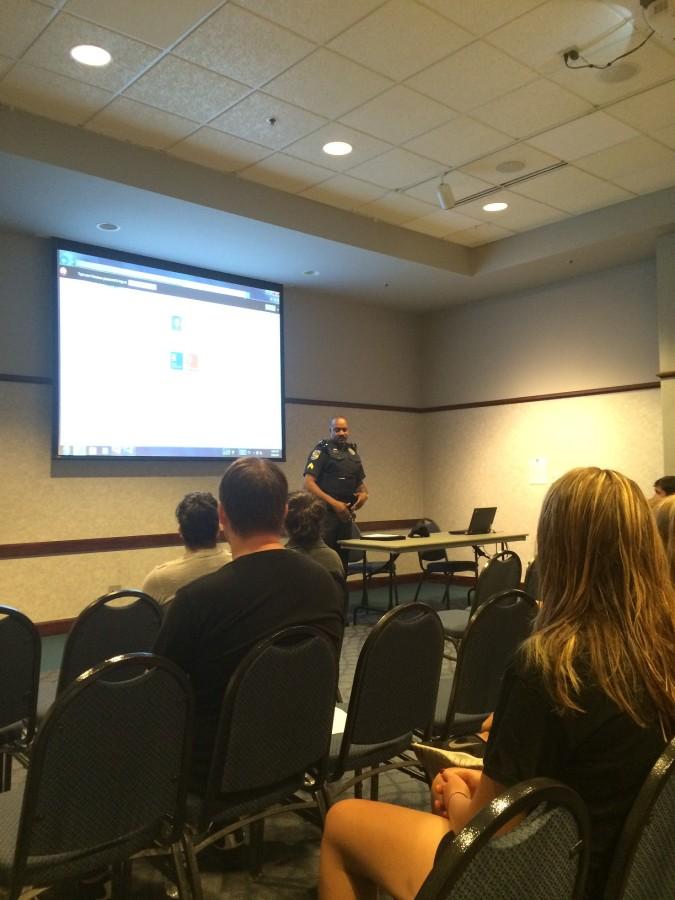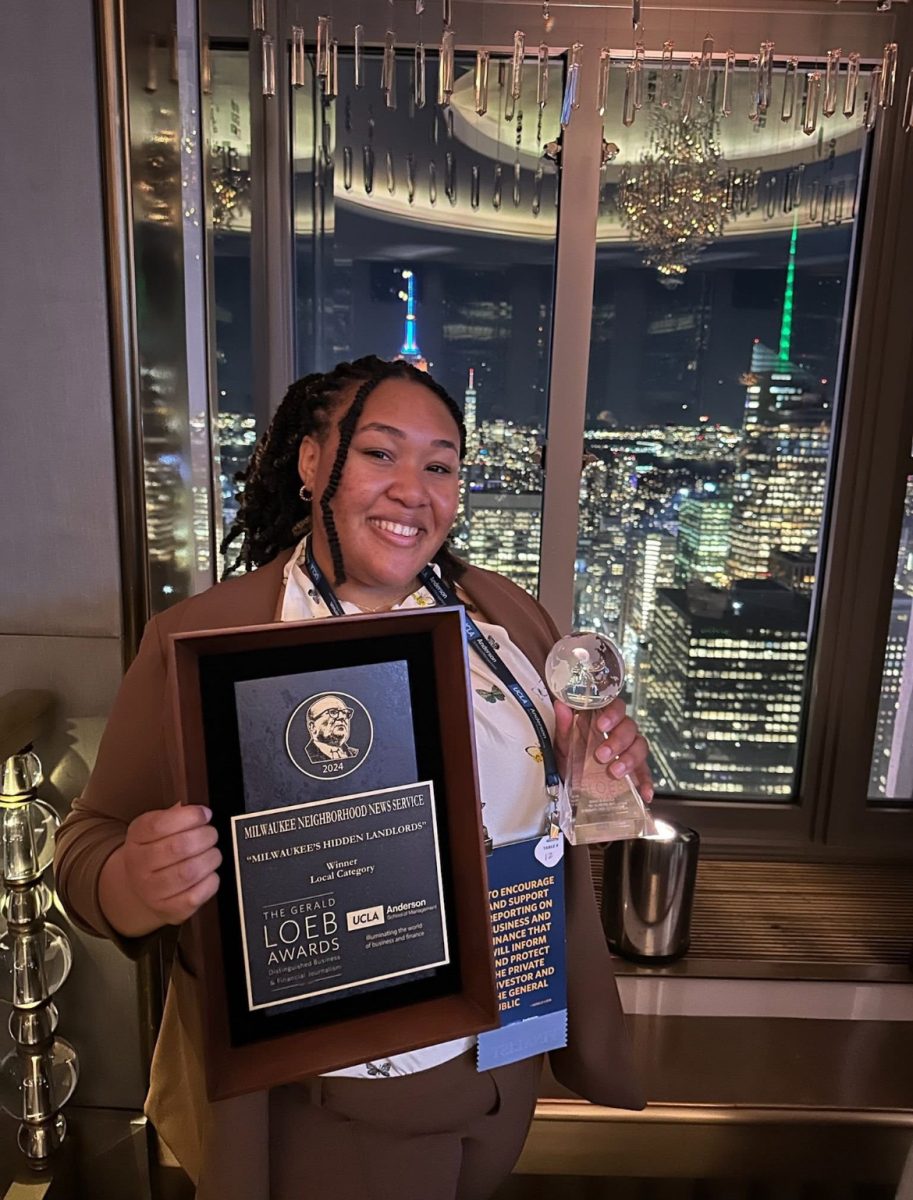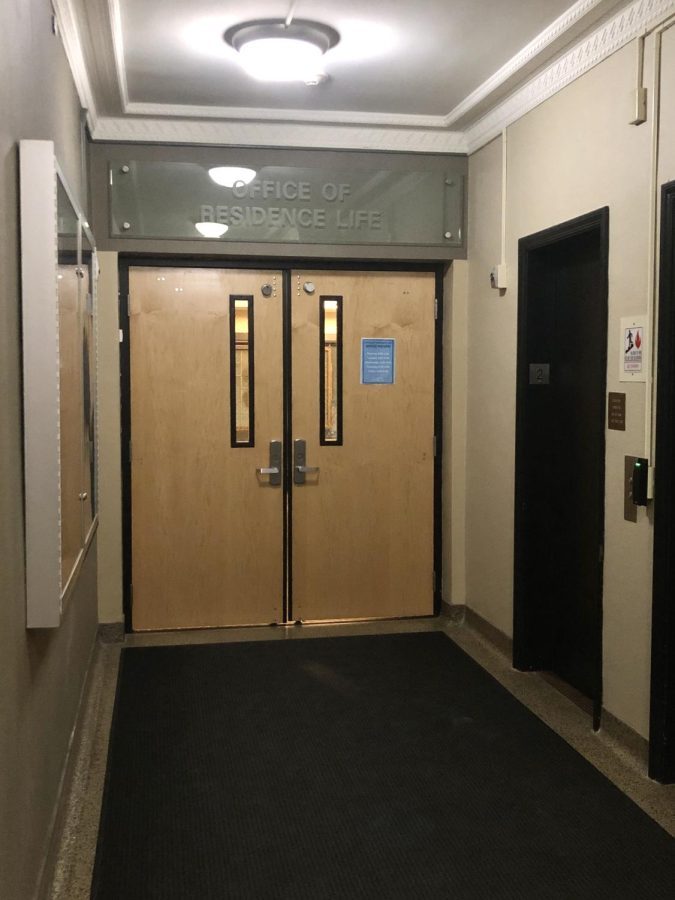Marquette Student Government President Kyle Whelton started two new housing programs via executive order, to be put in place next year to improve student housing.
MUSG and the Neighborhood Excellence Committee developed the two programs: Good Tenant Training and Good Neighbor Designation.
Whelton, a senior in the College of Arts & Sciences, said Good Tenant Training will include a three-to four-hour training in the fall. After attending the training, Whelton said students will be granted certain incentives. Good Neighbor Designation’s purpose is to improve the neighborhood, inform students and recognize outstanding property owners in the community.
Whelton explained that the two groups have been working on the programs for the past year. Whelton said that students, local properties owners and the Marquette University Parent’s Council all expressed a desire for housing education.
“A lot of students were overwhelmed living in their properties for the first couple of months,” Whelton said. “Things like setting up utilities, dealing with city ordinances and trash collection are all things we take for granted before living on our own.”
“Both programs will allow students to learn more about the process of signing leases before going out and doing it,” said Daniel Bergen, assistant director of university apartments.
The incentives for Good Tenant Training attendees include earlier lease signing or a percentage off security deposits or rent, Whelton said.
“Not all incentives are set in stone at the moment, but there will be incentives moving forward,” he said.
Whelton said the program helps educate students looking for housing, but also benefits the neighborhood as well as property managers
“It is beneficial because the students who have gone through the training are, in theory, going to be more ideal and responsible tenants,” Whelton said.
The Good Neighbor Designation program was modeled off Ohio State University and Boston College, which have similar programs.
“Ultimately, (Good Neighbor Designation) shows there is care for the property as well as the people who live there,” Whelton said.
An application must be submitted to be considered for the designation. A panel of an MUSG student, a peer property owner and a member of the Avenues West Association will inspect the properties and vote on the designation.
“The designation is only good for one year so the property owners must reapply every year, including Marquette properties,” Whelton said.
Bergen explained that the inspection involves more than just having adequate facilities.
“The criteria we have developed is a higher standard than what you might find in a city code,” he said.
Bergen said most property owner reactions were positive when they were introduced to it, noting that it would help improve the neighborhood as well. At this point Bergen said he had spoken with eight different property owners who said they were interested in working with MUSG and obtaining the designation.
Whelton said issuing an executive order made more sense for the programs because it will be easier to change in the future. Bergen agreed the first year of the programs will likely be followed up with changes.
“We are piloting, we will see how this unfolds and how it works,” Bergen said. “We can’t change the culture overnight, we are going to learn a lot and make changes.”
Whelton said the order provided a formal commitment from MUSG without incorporating the programs into MUSG governing documents.
“There is no doubt in my mind that this will need to be approved going on,” he said.

